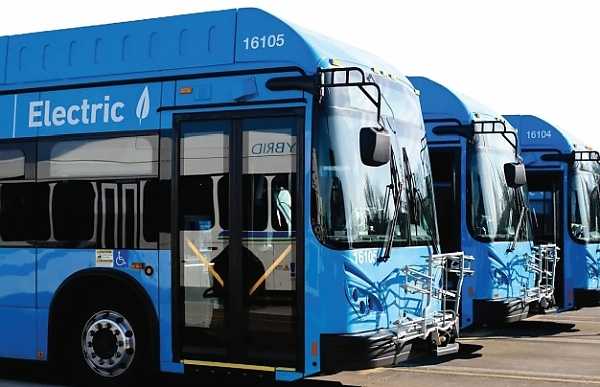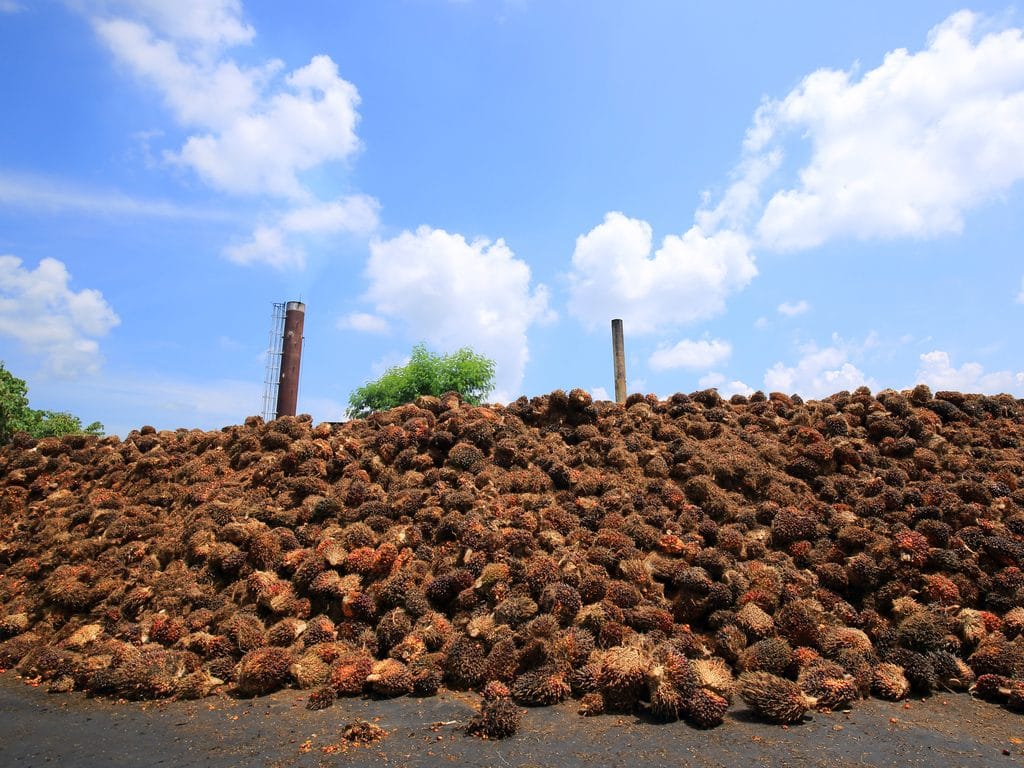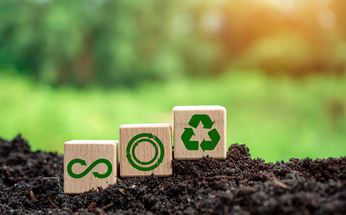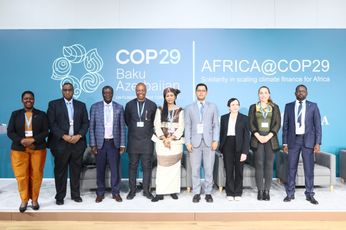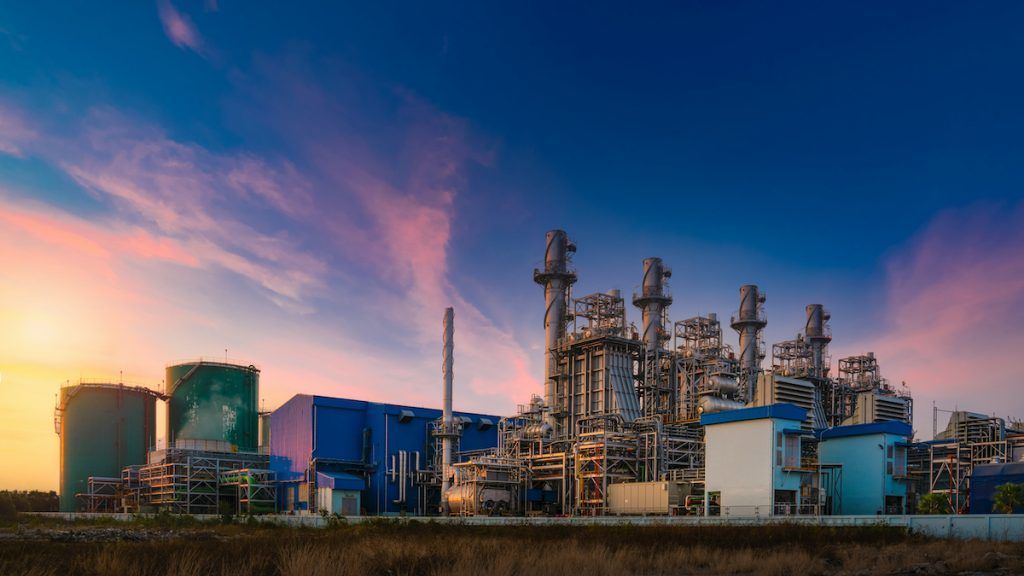
Ghana to soon get its first waste-to-energy power plant with a 400kW capacity
This initiative reflects the government's efforts to pursue reliable and sustainable alternatives to the country's hydro and thermal energy generation.
Through the Federal Ministry of Education and Research, the German government has signed a $6.5 million contract with four German institutions and one Ghanaian institution to design and construct a hybrid waste-to-energy power plant to treat municipal solid waste in Ghana. The contract includes three academic institutions, one research and development institution, and a medium-scale industrial. The successful completion of the 48-month project will contribute to Kumasi's waste-to-energy conversion. The objective is to expand the concept to other parts of the country in the future, as this project could serve as a model for future initiatives.
The 400-kilowatt production plant commissioned in Gyankobaa, known as the Hybrid-PV-Biogas-Pyrolysis-Plant, would convert 12 tonnes of waste into bio-fertilizer and energy daily, allowing farmers in the region to have access to organic manure for their farms. The generated energy will consist of 200 kW from solar, 100 kW from biogas, and 100 kW from pyrolysis of plastic waste. President Akufo-Addo stated that the project, the first of its type in West Africa, will assist in ending the communal carbon cycle by boosting the value chain of the process through compost production and utilization. He added that the manufacture of compost, which would be marketed to farmers to improve agriculture, will minimize the use of mineral fertilizers, improve soil structure, and contribute to Ghana's strategy for mitigating climate change.
FullyGreen Newsletter
Join the newsletter to receive the latest updates in your inbox.


